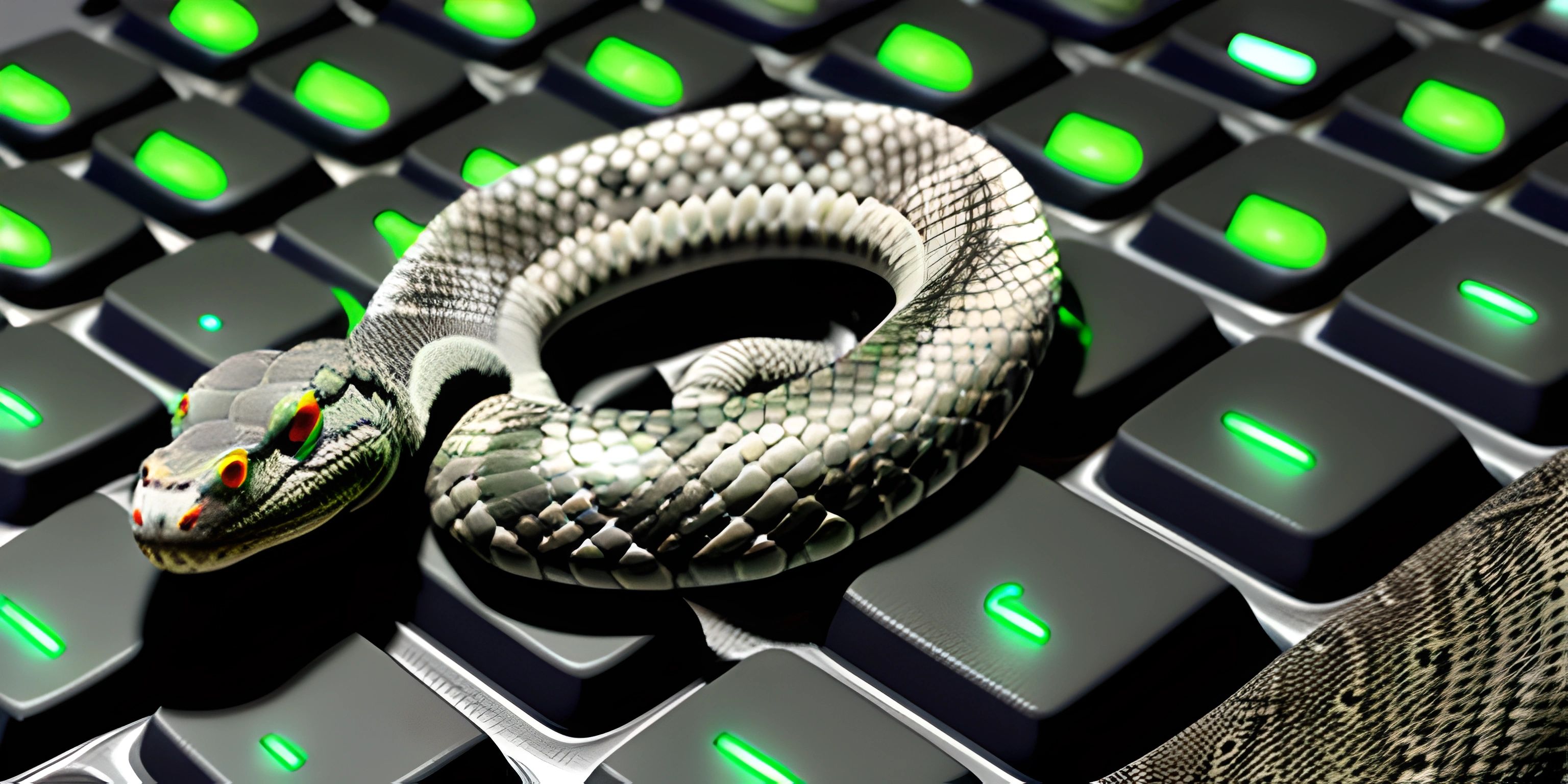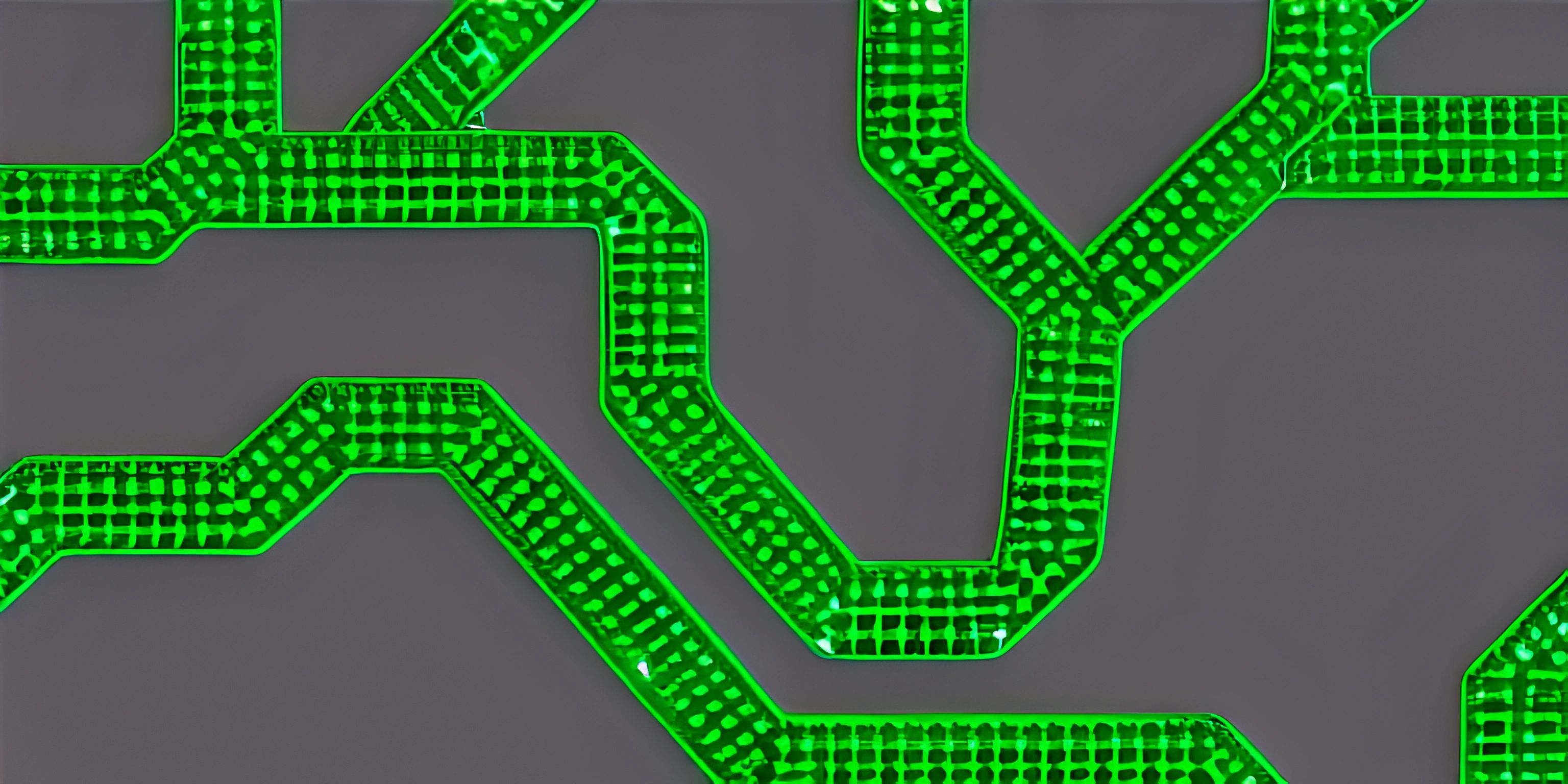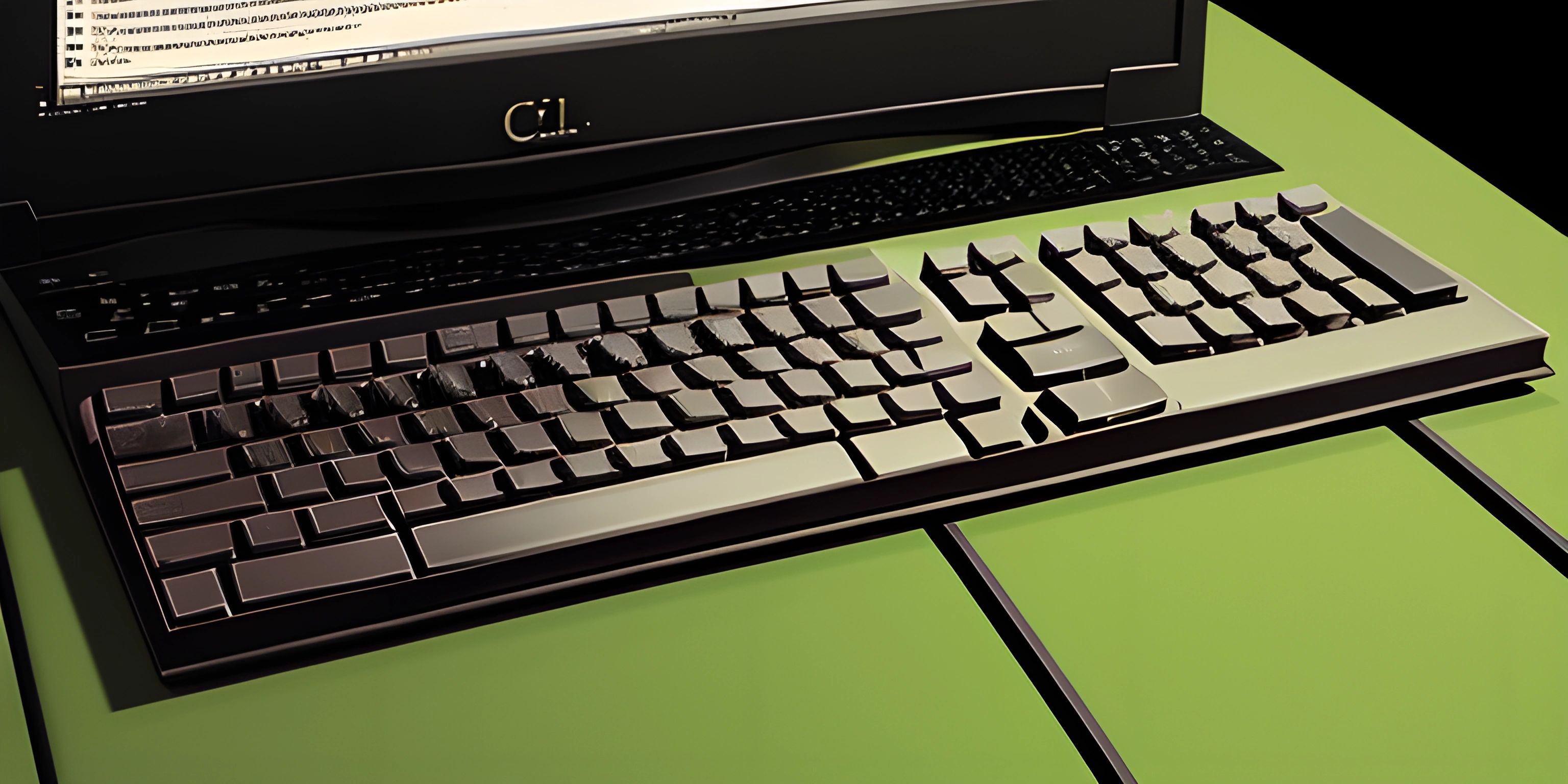C++ Basics

Note: this page has been created with the use of AI. Please take caution, and note that the content of this page does not necessarily reflect the opinion of Cratecode.
C++ is a powerful and versatile programming language, widely used in various domains such as game development, high-performance computing, and embedded systems. As an extension of the C programming language, C++ adds features like classes and objects, making it a popular choice for both beginners and experienced programmers. So buckle up and let's dive into the world of C++!
History
C++ was created by Bjarne Stroustrup in 1985. The language was originally called "C with Classes" as it was designed to add object-oriented programming capabilities to the C language. As the language evolved, it was renamed to C++ to signify the incremental improvements it brought to the table.
Syntax
Similar to C, the syntax of C++ is simple and consistent. Here's a basic "Hello, World!" example to give you a taste:
#include <iostream>
int main() {
std::cout << "Hello, World!" << std::endl;
return 0;
}Let's break down the elements of this simple program:
#include <iostream>: This line is a preprocessor directive that tells the compiler to include theiostreamheader file, which is necessary for input and output operations in C++.int main(): This line declares themain()function, which is the entry point of every C++ program. Theintbeforemain()indicates that the function returns an integer value.{}: Curly braces are used to define the scope of functions, classes, and other constructs in C++.std::cout << "Hello, World!" << std::endl;: This line is responsible for printing "Hello, World!" to the console.std::coutstands for "console output" andstd::endlis used to insert a newline character.return 0;: This line indicates the successful termination of themain()function and returns the value0to the operating system.
Variables and Data Types
C++ has a strong type system, meaning each variable must have a specific data type. Some common data types in C++ are int (integer), float (floating-point number), double (double-precision floating-point number), and char (character). To declare a variable, you must specify its type followed by its name:
int age = 25; float average = 80.5; char letter = 'A';
Control Structures
C++ provides various control structures to manage the flow of your program, such as if, else, while, and for. Here's a simple example demonstrating the use of an if statement:
int age = 18;
if (age >= 18) {
std::cout << "You are eligible to vote!" << std::endl;
} else {
std::cout << "You are not eligible to vote yet." << std::endl;
}Functions
Functions are reusable blocks of code that perform a specific task. They can accept input (parameters) and return output (return value). Here's an example of a simple function that calculates the sum of two numbers:
int add(int a, int b) {
int sum = a + b;
return sum;
}
int main() {
int result = add(5, 10);
std::cout << "The sum is: " << result << std::endl;
return 0;
}Classes and Objects
C++ is an object-oriented programming language, and it supports classes and objects. A class is a blueprint for creating objects, and it defines properties (also known as attributes) and behaviors (methods) that the objects can have. Here's a simple example of a class called Person:
class Person {
public:
std::string name;
int age;
void sayHello() {
std::cout << "Hello, my name is " << name << " and I am " << age << " years old." << std::endl;
}
};
int main() {
Person person1;
person1.name = "Alice";
person1.age = 30;
person1.sayHello();
return 0;
}With this introduction, you're now ready to explore the world of C++ programming. There's much more to learn, so don't hesitate to dive deeper and expand your skills! Happy coding!
Hey there! Want to learn more? Cratecode is an online learning platform that lets you forge your own path. Click here to check out a lesson: Rust - A Language You'll Love (psst, it's free!).
FAQ
What is C++ and what is its purpose?
C++ is a general-purpose programming language that was created by Bjarne Stroustrup in 1985 as an extension of the C programming language. Its main purpose is to enable system programming and resource-constrained applications due to its low-level memory manipulation capabilities. It is widely used in game development, embedded systems, and high-performance applications.
How is C++ different from C?
While C++ is an extension of C, it introduces several new features and enhancements, including:
- Object-oriented programming (OOP) with classes and objects
- Stronger type checking
- Better support for code reuse through inheritance and polymorphism
- Support for exception handling
- Support for templates, allowing generic programming
- The Standard Template Library (STL), which provides a rich set of reusable data structures and algorithms
How do I write a simple "Hello, World!" program in C++?
To write a "Hello, World!" program in C++, you would use the following code:
#include <iostream>
int main() {
std::cout << "Hello, World!" << std::endl;
return 0;
}This program includes the <iostream> header file which provides the std::cout object and the std::endl manipulator for output. The main function is the entry point of the program, and std::cout << "Hello, World!" << std::endl; prints the message "Hello, World!" followed by a newline character. The program then returns 0, indicating successful execution.
What is the importance of the main() function in C++?
The main() function serves as the entry point of a C++ program. When a program is executed, the operating system calls the main() function, and the program starts executing from there. The main() function must have a specific signature, typically int main() or int main(int argc, char* argv[]). The first version takes no arguments, while the second version takes command-line arguments. The main() function should return an integer, usually 0 for successful execution or a non-zero value for an error.
What are some common data types in C++?
C++ supports several basic data types, including:
int: Integer valuesfloat: Single-precision floating-point valuesdouble: Double-precision floating-point valueschar: Single characters or small integersbool: Boolean values (true or false) C++ also allows you to create custom data types using structures, classes, and unions.





